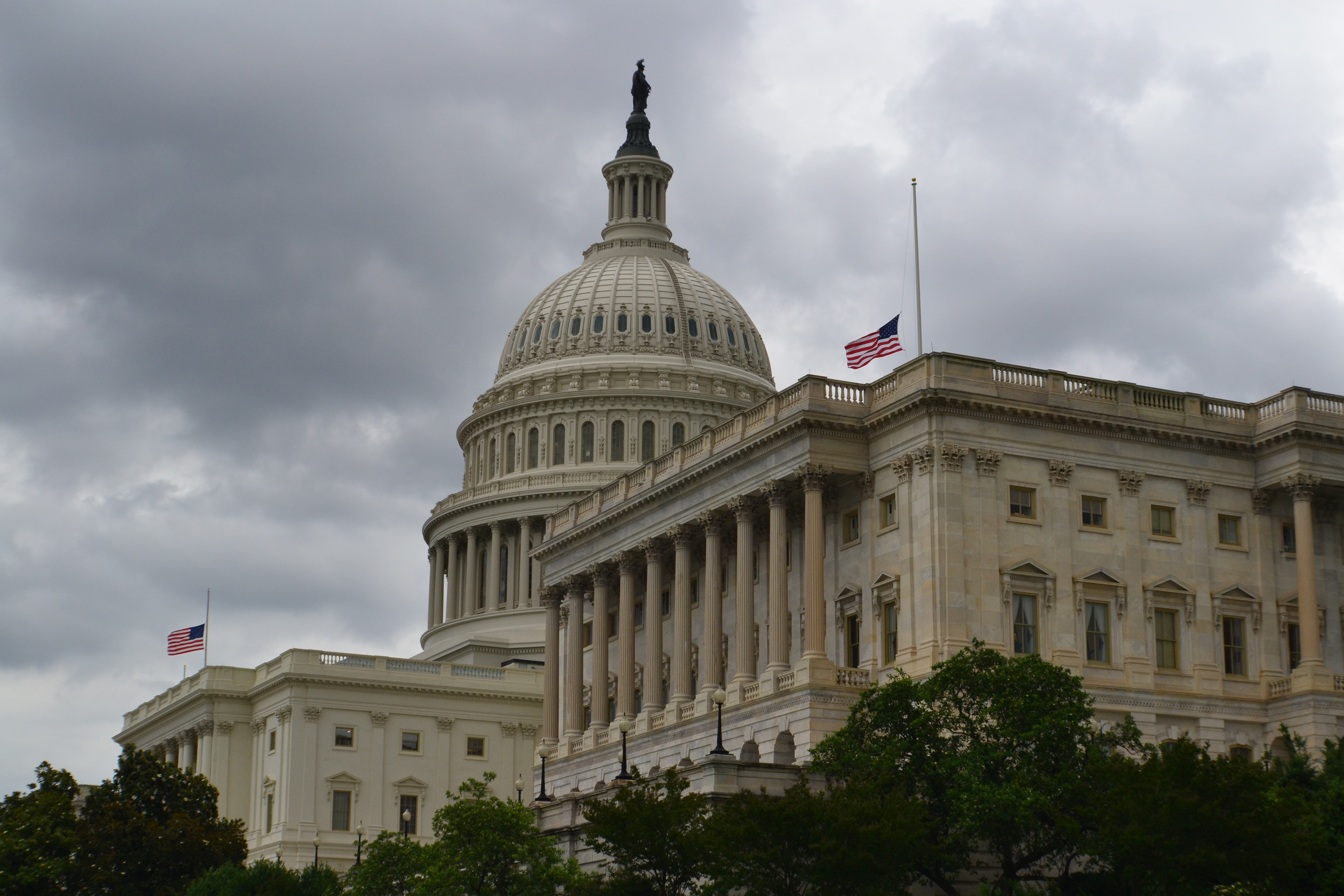Are Sanctuary Cities Like Biblical Cities of Refuge?
Sign up for a six month free
trial of The Stand Magazine!
We are all familiar by now with the term “sanctuary cities,” communities which have pledged to be a place where undocumented immigrants may be safe without fear of apprehension and deportation by federal authorities.
Many claim that these are inspired by the ancient “cities of refuge” which are found in the Bible, in the narratives dealing with Israel occupying the ancient land of Canaan. Therefore, they argue, there is biblical precedent for sanctuary cities. As Vogue magazine puts it, “Now approximately 300 American cities are carrying the torch first lit by those sacred altars.”
Churches in the city of Austin, Texas have banded together to form the Austin Sanctuary Network, joining a nationwide movement of over 800 churches determined to protect immigrants from the long reach of the law.
So are today’s “sanctuary cities” a modern biblical expression of the Bible’s “cities of refuge?” No, not even close.
For openers, cities of refuge were legal, sanctuary cities are not. Cities of refuge, which you can read about in Numbers 35 and Joshua 22, were authorized under the Mosaic code to serve as a part of Israel’s justice system. Sanctuary cities, in contrast, are illegal and outside the justice system altogether.
Cities of refuge were places where someone who had committed involuntary manslaughter could flee and find safety until the day of his trial. “The manslayer who strikes any person without intent or unknowingly may flee there. They shall be for you a refuge from the avenger of blood (Joshua 20:3),” the oldest male relative of the deceased who otherwise might carry out vigilante justice on the part of the family.
The “manslayer” could stay in the city of refuge until his case came to trial: “He shall remain in that city until he has stood before the congregation for judgment” (Joshua 20:6). If the trial determined that the death was indeed accidental, the accused would be allowed to live and be exonerated of all guilt. On the other hand, if trial revealed that the death wasn’t involuntary after all, only made to look that way, then the accused would be taken outside the city and receive his due punishment.
The whole point was the accused deserved a fair trial and his day in court, and it was the job of a city of refuge to see that he got it. In other words, the purpose of a city of refuge was to make sure the rights of the accused to due process were observed.
But sanctuary cities, in contrast, do not exist to protect due process. They exist to enable the guilty to escape punishment altogether. The mere presence of an illegal alien on American soil is an illegal, criminal act which is the proper subject of law enforcement. Those, no matter how well-meaning they are, who help others avoid facing the legal consequences of such criminal conduct are subverting the system of justice, not cooperating with it.
A city of refuge worked with law enforcement, a sanctuary city works against it. A city of refuge served to guarantee a man his day in court, a sanctuary city works to prevent the accused from ever facing a day in court. A city of refuge existed to ensure that every man received a fair trial; a sanctuary city exists to enable a man to avoid a fair trial altogether.
So, no, sanctuary cities are not a modern embodiment of biblical cities of refuge, and only Christians with a shallow understanding of Scripture could believe they are. As James Hoffmeier of Trinity Evangelical Divinity School puts it, such Christians “are twisting biblical statutes to political ends and subverting federal law.”
Finally, with regard to this network of sanctuary churches, should not the role of the church of Jesus Christ be to help its members become law-abiding disciples rather than law-breaking ones?

Sign up for a free six-month trial of
The Stand Magazine!
Sign up for free to receive notable blogs delivered to your email weekly.



















